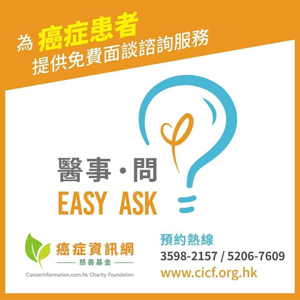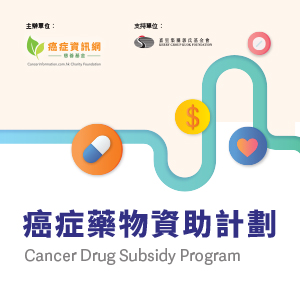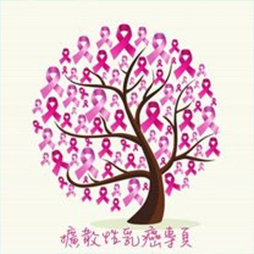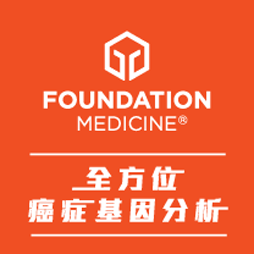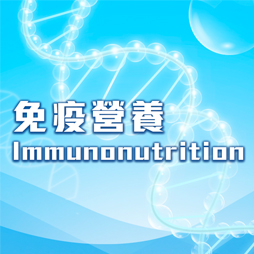
李沛基醫生DR LI PUI KI, LAWRENCE
|
性別︰ |
男 |
|
專業資格︰ |
香港大學內外全科醫學士 1983 |
|
註冊專科︰ 臨床腫瘤科 |
|
|
地址︰ |
尖沙咀彌敦道26號東企業廣場21樓2102-03室 |
|
地區︰ |
尖沙咀 |
|
執業類別︰ |
私人執業 |
|
語言或方言︰ |
廣東話, 英文 |
|
醫療服務項目︰ |
|
|
在診所以外所提供的醫療服務項目: |
|
|
醫療程序及手術︰ |
|
|
使用醫院︰ |
香港浸信會醫院 |
|
辦公室電話︰ |
2390 7633 |
|
辦公室傳真︰ |
2390 7695 |
|
傳呼機 : |
8200 7633 |
|
手提電話︰ |
|
|
電郵地址︰ |




